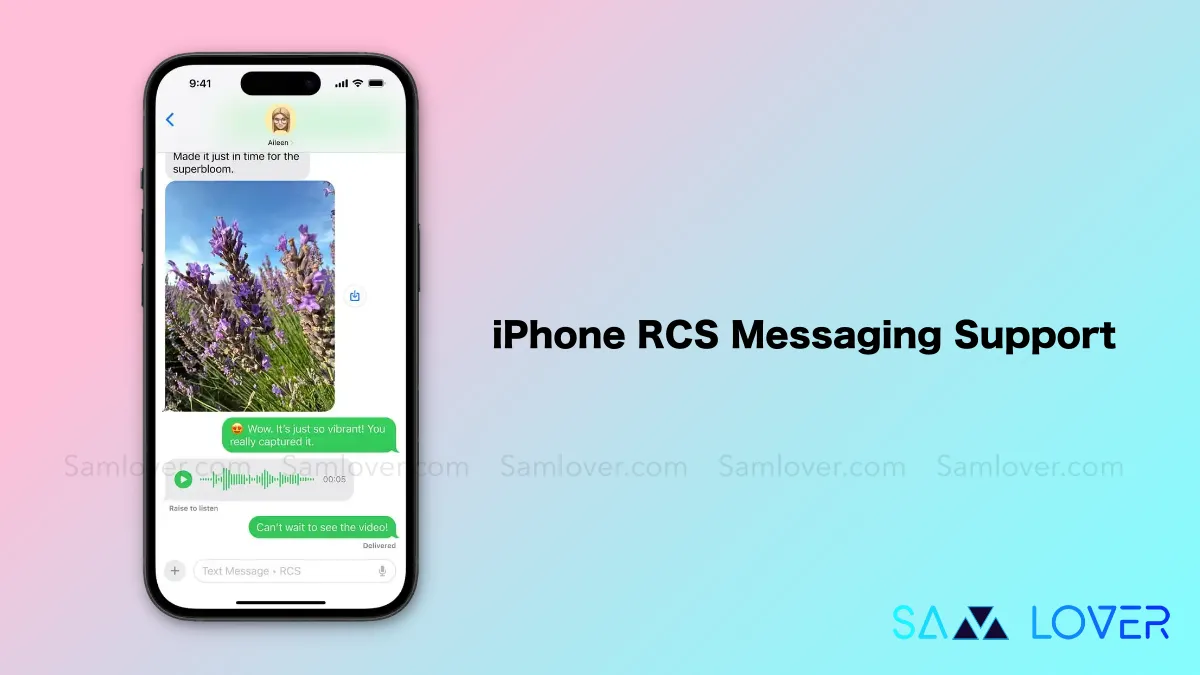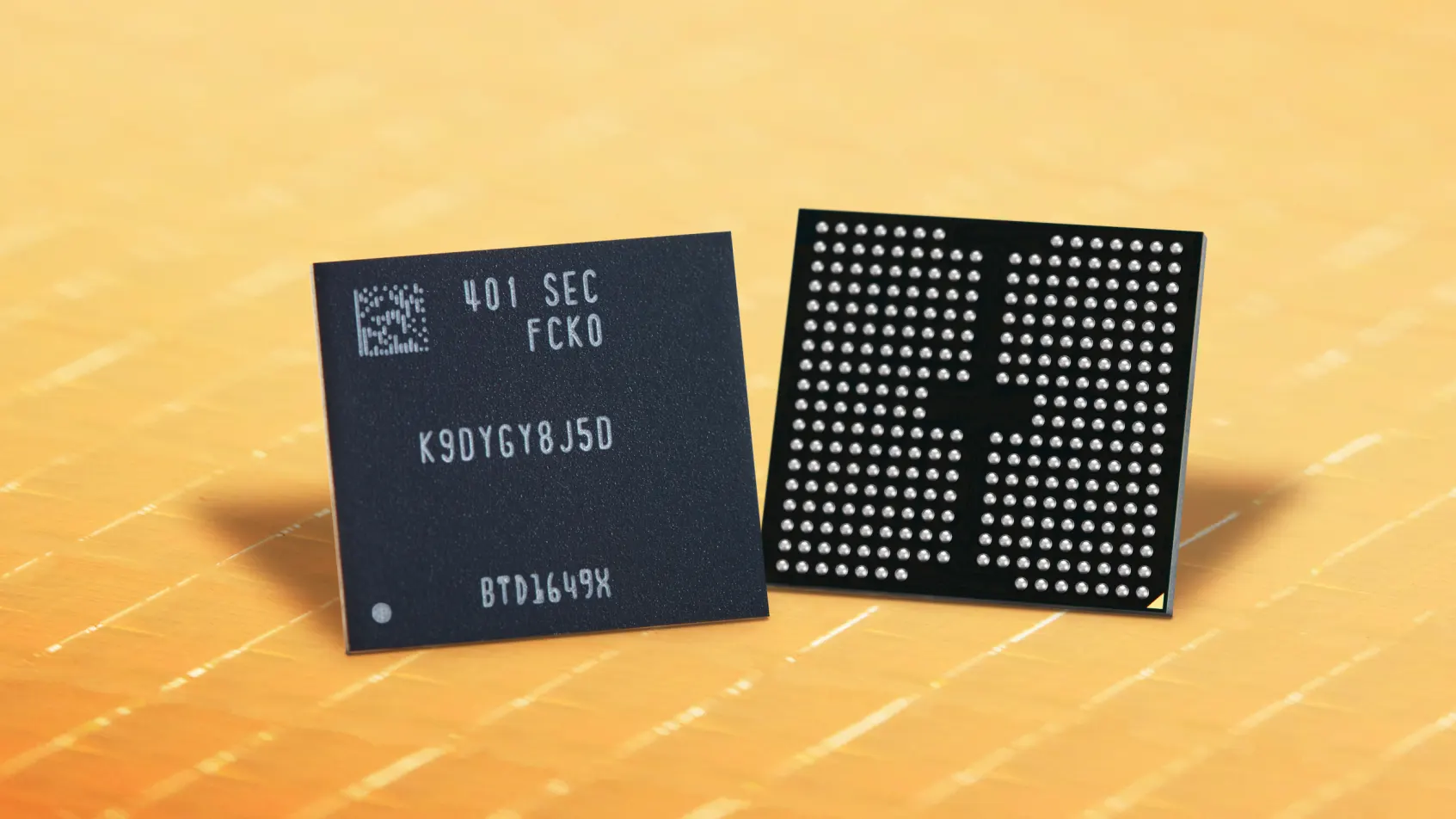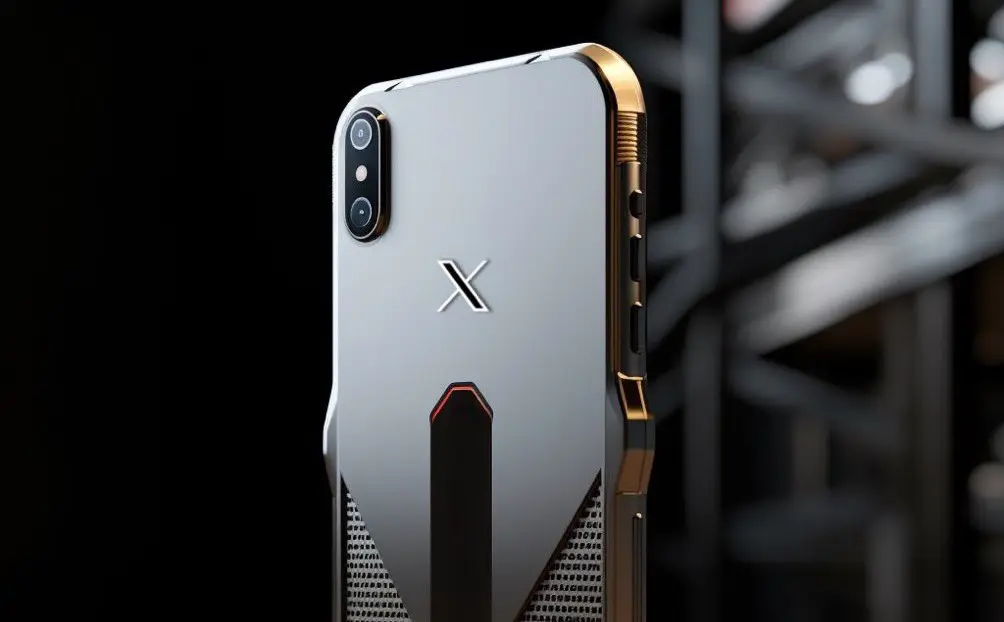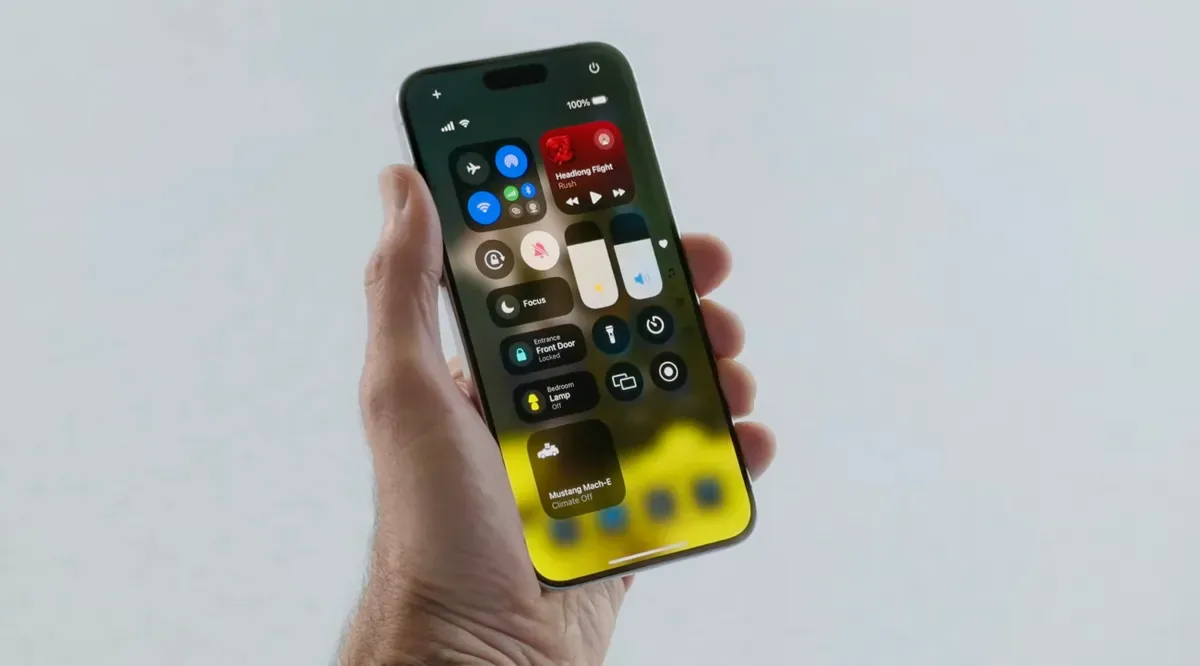Tech
iOS 18 to Massively Improve Samsung Galaxy-iPhone Messaging with RCS Support

Since last year, Google has promoted its RCS functionality, which has been one of its popular applications, Google Message, for many years. Due to its high promotion and continued development, Apple has also been influenced and announced that it will provide Google Message-like RCS messaging functionality for its built-in message application with iOS 18.
iPhone Brings RCS Messaging Support in iMessages
According to the reports, several new features are arriving in iPhone messages that are inspired by Google Messages, such as emoji reactions for messages, which provide emojis like thumbs, hearts up and down, haha, exclamation marks, and question marks. Along with this, it will also provide the simple ability to schedule messages.
How RCS could be beneficial for Apple users
As the name suggests, RCS stands for Rich Communication Service, which ensures the establishment of a strong network between devices through the internet and brings an advantage to instant messaging. This is just like other social media applications such as WhatsApp, which, with the latest development, users can now talk with the image with the same experience, and due to the RCS connectivity, it may also open the door to connecting with non-iPhone users as well.

When is it available for iPhones?
Apple introduced the RCS function during the WWDC 2024 event, where it also revealed several features that are arriving through iOS 18, indicating that you will soon get to access the latest feature in the next couple of months with a major software update on the iPhone. If you want early access, then you can also check out enrolling in the iOS 18 development preview. But before enrolling in the developer preview, keep in mind that you will get some bugs and performance fluctuations during testing.
Follow Sam Lover on Your Favorite Social Media Platforms
Tech
Samsung Loses 3nm Chip Orders to TSMC for Google and Qualcomm

Samsung Electronics’ chip manufacturing division is struggling hard with building well-organized 3nm chips. This forced major customers like Google and Qualcomm to shift to Samsung’s rival, TSMC, for their next-generation processors.
The South Korean media reported that TSMC has just secured orders from Google and Qualcomm for next-gen 3nm because Samsung Foundry is having issues with yield and power efficiency. The new report from Business Korea suggests that most firms will deal out tier orders to TSMC for next-gen 3nm chip designs. As of today, 7 huge brands are using TSMC for 3nm designs, including NVIDIA, AMD, Intel, Apple, Qualcomm, MediaTek, and Google, which are focused on looking forward to the use of TSMC’s 3nm manufacturing process.
Google is shifting to TSMC to make their next-generation Pixel phone processor because Samsung Foundry is having problems with its 3nm chip technology. Meanwhile, Samsung Foundry is facing multiple issues, such as their 3nm chips (SF3E) having a lower yield and being less power efficient than expected, and it is also struggling to catch up to TSMC’s dominance. Google will use TSMC to make their next-gen Tensor G5 processor for Pixel 10 phones, maybe because TSMC’s 3nm technology is performing better.
Noticeably, the Korean brand was the one that announced 3nm mass production back in 2022 for the first time. Apart from this, the next-gen Exynos 2500 processor that was developed by Samsung System LSI Division and produced through its in-house Samsung Foundry 3nm process is also reported to have “disappointing yields,” reports Business Korea.
It is reported that TSMC holds a foundry market share of around 61.7% as it stands, with Samsung Foundry dropping to just 11% in the first quarter of the year. The representative also pointed out a few issues in heat management and stated that “heat issues in semiconductors have been a longstanding challenge for leading chip manufacturers over the past 20 years, but it has become a crucial issue with the onset of the AI semiconductor era. In mobile chips, heat issues can compromise the entire structure of smartphones, and for server chips, the heat generated by one server rack can spread like wildfire, potentially causing overload across the entire server.”.
Follow Sam Lover on Your Favorite Social Media Platforms
Tech
Samsung and Elon Musk in Talks to Develop Futuristic X Phone

Apple, at its WWDC 2024 event, introduced several new AI features for its devices. Apple has collaborated with OpenAI to merge ChatGPT with Siri and use its AI models to power the writing assistant functionality on its devices.
Last night, the owner of X, Elon Musk, took to the platform to criticize Apple and OpenAI. Intelligently, he used meme language to mock Apple’s recent announcements and sound out their commitment to privacy and their cloud-based AI processing. Apart from this, he also highlighted what he thinks is feasible in OpenAI’s mechanism.
It seems that Elon Musk has a self-interest in critiquing Apple and OpenAI because his brand, X, has its own competing AI model, Grok. He frequently uses its platform X to promote Grok and criticize OpenAI’s ChatGPT. After Apple’s WWDC 2024 event, a user on X instantly predicted that X would partner with Samsung to create an “X Phone” with an open-source, privacy-focused operating system, X OS.
It is expected that this phone will connect with all of Elon Musk’s ventures, including Tesla cars, robots, tunnels, the internet, and even brain implants. The prediction jokingly hits an all-encompassing Musk device. The users also pointed to the probability that Starlink could start buying third-tier cellphone brands and upgrade their 5G networks with Starlink-connect towers in far-flung areas and at Tesla supercharger stations.
In true Musk style, he responded to this tweet with an “It is not out of the question” post that not only confirms but also denies anything but also doesn’t say anything of substance. However, the most realistic probability appears to be that Starlink, Musk’s satellite internet brand, will come to have smaller cellphone providers, not the complex all-in-one device with multiple Musk ventures.
An integration between Samsung and X for the “X Phone” is unlikely since the Korean giant prioritizes its own brand and doesn’t typically partner with other tech brands for co-branded phones. On the other side, creating a new smartphone operating system (OS) is not easy since Android and iOS already dominate the market for no reason. Other operating systems, such as Windows Phone and BlackBerry OS, have failed due to the lack of a powerfully built app ecosystem.
The idea of an “X Phone” built by Samsung with X OS seems unrealistic for multiple reasons; for instance, debuting a new mobile OS is quite difficult; even Samsung gave up on its own Tizen OS. Although it will be interesting to see whether this report comes true.
Follow Sam Lover on Your Favorite Social Media Platforms
Tech
Apple’s iOS 18 and iPadOS 18 Copy These Samsung Features

Apple just concluded its long-awaited WWDC 2024 proceedings, where the brand discussed plenty of significant changes that held across its entire Apple ecosystem. This includes more customizable options, lock screen and control center tweaks, and improvements to privacy options while also offering a much more interactive experience to the users. Meanwhile, most of those features and enhancements already represent the Galaxy ecosystem, as Samsung has already infused most of the features and tweaks that came to the Apple ecosystem.
Apple’s New iOS 18 and iPadOS 18 Features Already Present on Samsung
Samsung has always worked on providing the best and most advanced experience to its entire Galaxy audience. In contrast, Apple has just unveiled a slew of major features and changes that already exist in Samsung’s Galaxy devices. Most of them include the most significant trend going around, AI. In the recent past, AI has been growing rapidly, while several smartphone manufacturers have adapted to the latest trend too, including the likes of Google, Samsung, and now Apple, which has recently joined this ongoing trend too. Here’s everything that Apple announced that is already present across Samsung’s Galaxy ecosystem.
Image editing using AI:
AI has been the most significant topic across the smartphone industry these days, as smartphone brands are gradually joining the race. Simultaneously, the ability to remove unwanted subjects or objects from the images using AI already exists in Samsung Galaxy models, which Apple announced in its WWDC 2024 event.
Lock screen shortcut customization:
The lock screen shortcuts could easily be customized on Galaxy devices by changing their position and selecting any application from the app list, while Apple got this ability with iOS 18 and iPadOS 18.

Home screen blank space:
This feature allows smartphone users to have some blank space left while arranging the apps in their desired positions. Meanwhile, Samsung and other Android brands already have this ability, which Apple recently added to its devices with iOS 18 and iPadOS 18.

Summarizing web pages:
We are familiar with the fact with the fact that Samsung has introduced its summarizing feature with its new One UI 6.1 version, which allows users to easily summarize the content through the Samsung Internet Web browser. Considering that, with iOS 18 and iPadOS 18, Apple devices will be able to use the same feature on their Safari web browser,.
Messaging using RCS support:
For years, Samsung devices have been able to send and receive messages using the RCS support; however, Apple smartphones have not had the ability to send and receive high-quality pictures and videos from Android devices until now. But with iOS 18, the Messages app on iPhones will support messaging through RCS support.

Proofreading and language tone suggestions:
Samsung introduced an AI feature that allows Galaxy users to easily translate text in real-time through the chat assist with the One UI 6.1 update. Considering that, Apple too introduced a feature that will allow users to proofread documents, emails, notes, and text messages via large language models and machine learning, along with the ability to offer writing style suggestions as well.

Password Manager:
Password Manager lets you save all your login information for your apps, email accounts, and other online services, which Samsung lets users do through its Wallet. Meanwhile, with iOS 18 and iPadOS 18, Apple’s Passwords app will be more advanced, as it will allow users to share passwords with others while also allowing you to save your login information.
Gaming:
A new game mode has been introduced with iOS 18 and iPadOS 18, which will shut off all the background activities to provide better gaming frame rates while minimizing distractions created through notifications. This feature already exists in Samsung Galaxy devices in the form of Game Booster and Priority Mode, as this helps Samsung models automatically optimize the game’s settings, whereas Priority Mode helps to hide incoming calls and notifications, ensuring users can focus on their gameplay.
Miscellaneous:
Samsung Galaxy devices have the ability to hide certain apps as well as games from the app drawer; users can change the colors of app icons by selecting their desired colors; they have the ability to create multiple pages in the control center while also allowing users to change the position of quick setting toggles and other tiles; and with iOS 18 and iPad 18, users will now be able to display reminders created in the Reminders app within the Calendar app, which Samsung already introduced within its Galaxy devices with the One UI 6.0 version.
Follow Sam Lover on Your Favorite Social Media Platforms












